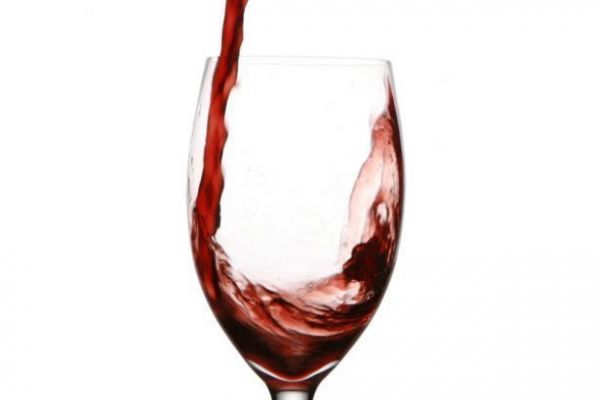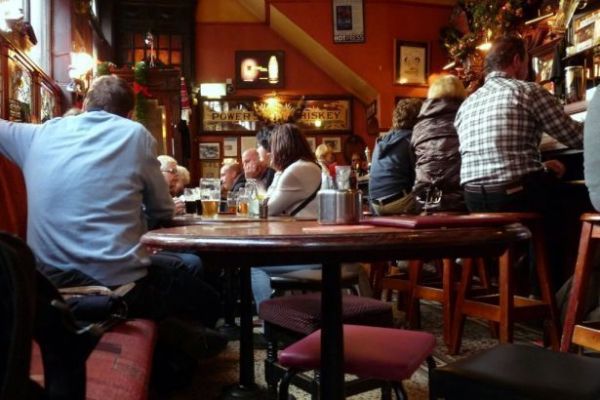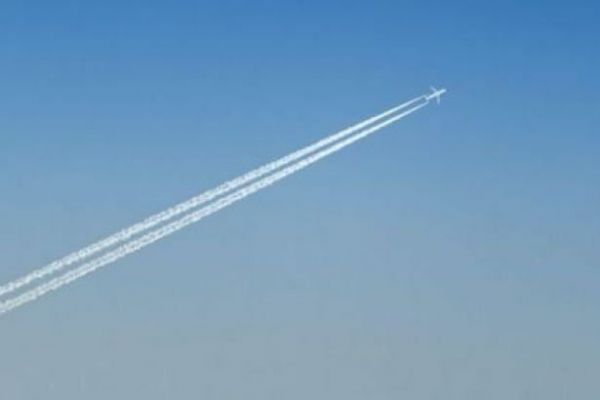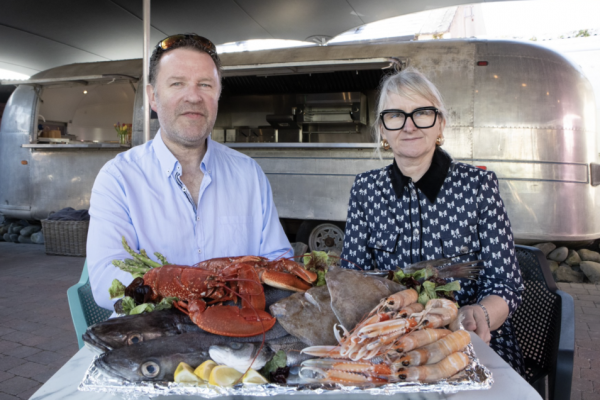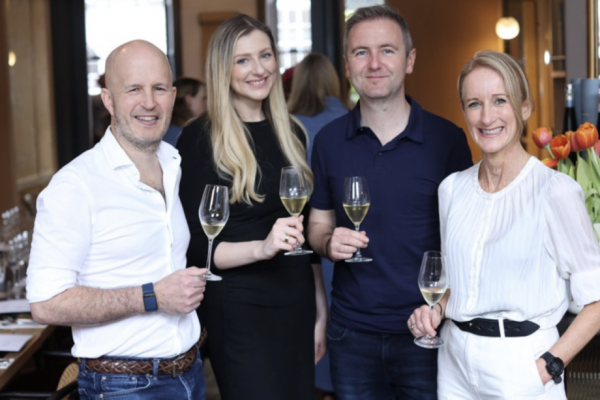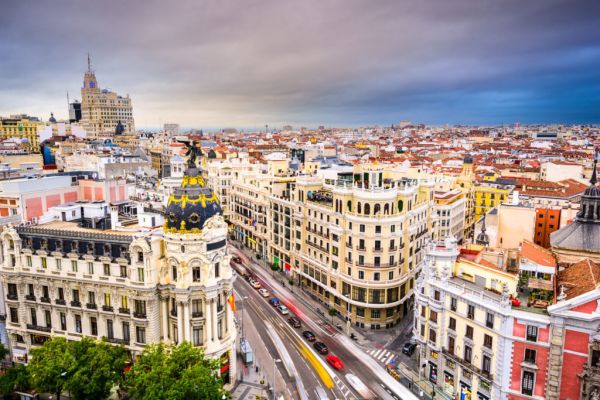What is wine?
Is it a luxury product, or a staple good? A bottle of 1946 Petrus can cost more money, gram for gram, than gold. At the other end of the spectrum, you can get a bottle of Spanish red for less than the price of the same volume of water. To Benjamin Franklin, wine was proof of divine love for humanity; to others, it's just grape juice that's gone off.
It's a question that equity investors rarely get the chance to answer. Regardless of the debate about whether wine belongs in the gutter or the stars, there's long been a near-consensus on the markets that the companies making the stuff are poor investments.
Thanks to deep fragmentation among producers, massive market power among retailers, and a business model that's at the mercy of seasonal weather, there's just a handful of publicly traded winemakers worldwide.
The 17 pure-play winemakers with trailing 12-month sales of more than $100 million have a combined market capitalization of just $14.5 billion, according to data compiled by Bloomberg - less than Jack Daniels-maker Brown-Forman Corp. All the old-world producers in the group, responsible for such labels as Laurent-Perrier, Lanson, Pommery and Monopole, account for about $1.75 billion - less than Takara Holdings Inc., a Japanese producer of shochu, sake and mirin.
That dearth of investable options could be about to change. Accolade Wines Ltd., the Australian business that's the largest wine company in the U.K., is considering an initial public offering or trade sale, the Australian newspaper reported last month. The maker of Hardys and Banrock Station, currently owned 80 percent by Champ Private Equity and 20 per cent by Constellation Brands Inc., could raise more than $1 billion in a listing, according to the Australian Financial Review.
Such a move could provide a rare opportunity for equity investors to test their theories about wine's business model.
At present, by far the largest listed pure-play vintner is Treasury Wine Estates Ltd. Under Chief Executive Officer Michael Clarke, the maker of Wolf Blass and Beringer has been a partisan of the "luxury" view of wine-making. The shares have more than tripled since he took over in 2014, promising to invest heavily in marketing and branding to sell more product to high-end Asian consumers. Treasury Wine's most storied label, Penfolds Grange, typically retails for $850 a bottle and has lavishly packaged limited editions that go for more than 100 times as much.
Accolade comes from the other side of the tracks. Luxury on its own can't pay the bills for a winemaker, according to Stephen Millar, a former chief executive. To save costs, Accolade now exports its UK wine from Australia in shipping containers and packages them in a 1.6 million-bottle-a-day plant next to a scrap merchant in the port city of Bristol.
The upshot is that Accolade produces more wine - some 38 million cases a year, compared with about 34 million at Treasury - but makes significantly less money from it. Operating income from its main UK and Australian operating businesses in the 2015 fiscal year came to about A$66 million ($49 million), less than half the A$141 million at Treasury Wine. Margins are lower, and the gap appears to be widening.
That seems to vindicate Treasury Wine's premium strategy, but it would be a mistake to count Accolade out.
For one thing, the companies aren't quite diametric opposites. Alongside Grange, Treasury Wine still sells a huge amount of low-cost wine: net sales revenue in its European unit came to just A$3.55 a bottle in its latest fiscal year, barely more than the A$3.19 it was making six years ago. And Accolade is keeping a foot in the premium end of the market, too, with its 2015 acquisition of Grant Burge Wines.
More importantly, Treasury Wine's drive upmarket is still relatively young.
In the early 2000s, the enthusiastic backing of critic Robert Parker made Australian wines the hottest thing on the planet, leading Constellation to pay $1.4 billion for the businesses that became Accolade in 2003. Then fashions changed, high-alcohol shiraz fell from favor, and currency movements crushed Australian wineries' margins. When Constellation sold an 80 percent stake to Champ in 2010, it went for just A$230 million in cash.
Treasury Wine may hope to avoid that sort of fate -- but it's often the low-end stuff that sees a big winemaker through the worst patches of the market. Fancy wine merchants display their most illustrious vintages at eye-level, but there's money to be made from the bargain bins, too.
* This column does not necessarily reflect the opinion of Bloomberg LP and its owners.
